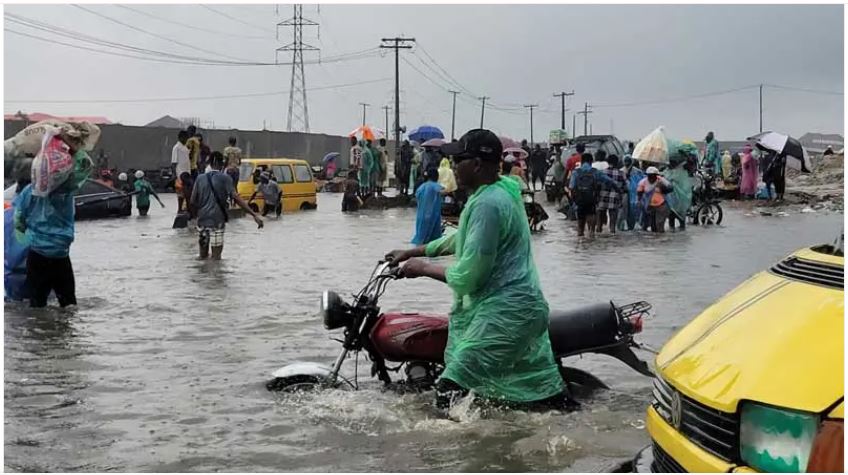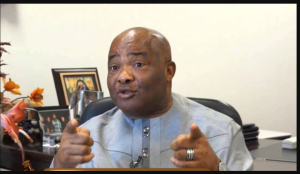
One more word on the flooding in Lagos

Lagos has been experiencing severe flooding, and the heavy downpour on Wednesday, July 3, 2024, exposed the dire state of the city’s infrastructure and the neglect by both the Lagos State Government and the Federal Government. This negligence has had devastating effects on the environment and the well-being of Lagosians, highlighting the urgent need for sustainable development in Nigeria.
Reports say, the flooding affected nearly every part of the state, from Yaba and Oshodi to Ketu, Ikorodu Road, Iyana Oworo, Iyana Iba, Ibeju-Lekki, Gbagada, and Lekki, inundating all 20 local government areas. Many residents were unable to leave their homes, exacerbating the hardships caused by extreme poverty and high flooding.
CSR REPORTERS notes that the Lagos State Government’s failure to address this perennial issue despite significant state revenues is a serious concern.
Dr. Michael David, Executive Director of the Global Initiative for Food Security and Ecosystem Preservation (GIFSEP), emphasized the importance of proactive measures. “The heavy downpour of Wednesday in Lagos has finally exposed the derelict condition of the state and its neglect by the government,” he said. “Combining extreme poverty with high flooding is a double tragedy. We strongly believe the state revenues are enough to tackle this menace.”
Odesanya, a spokesperson for the Labour Party, echoed these sentiments, urging Governor Sanwo-Olu to take immediate action. “The government should, as a matter of urgency, come up with a permanent solution to the problem,” she said. She recalled that the state government had previously demolished several properties built on drainage channels, promising that this would end flooding. However, the recent floods indicate that little has been done to address the underlying issues.
Sadly, Commissioner for Environment and Water Resources, Mr. Tokunbo Wahab, apologized to residents, attributing the floods to natural causes rather than a lack of planning. “It was nature taking its full course,” he said. Despite these claims, the impact on residents was severe, with cars and houses submerged and commuters stranded for hours, leading to significant economic disruption.
The persistent flooding in Lagos underscores the critical need for comprehensive and sustainable solutions. It is imperative for the government to prioritize infrastructure improvements, enforce environmental regulations, and engage the community in efforts to protect the environment. Failure to address these issues not only endangers the lives and livelihoods of Lagosians but also hampers Nigeria’s progress towards sustainable development.









